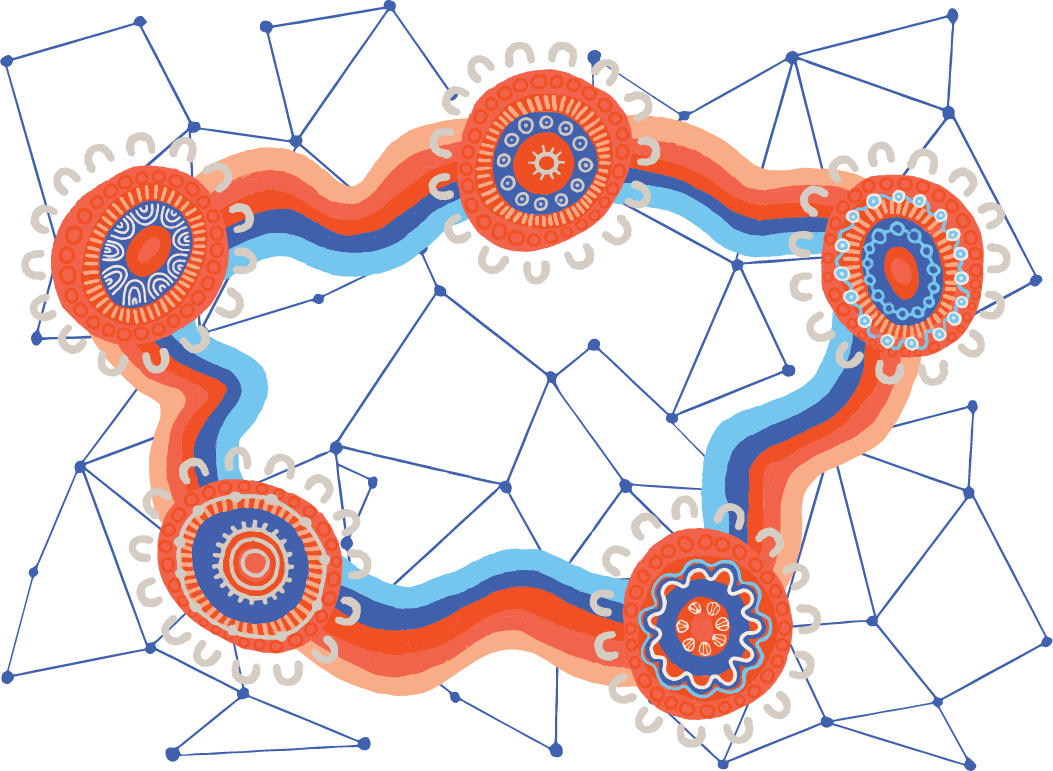- Daniel Donahoo - Manager, Digital Innovation at PROJECT ROCKIT
At PROJECT ROCKIT we work with tens of thousands of students every year, supporting them to grow and thrive in an increasingly complex world. We continually hear from young people in our workshops and projects that they do not see a division between their online and offline lives. They recognise that being online is an essential part of participating and succeeding in the world they are growing up in. For this reason, we are so pleased to see the development and implementation of the Australian Youth Digital Index because it provides a space to look at the digital lives of young Australians in a broad and holistic way – which is exactly how we communicate and work at PROJECT ROCKIT.
The Index offers us insight into the success of the work we have been doing, and where we still need to focus our resources and time to best support young Australians in their lives. By identifying that most young people (94%) feel safe online and say they understand what online safety means (92%) goes to show the success of PROJECT ROCKIT and our many colleagues and partners in promoting and supporting young people to be safe online. The Index report has also identified that the development of skills and confidence around online safety needs to reflect the concerns and lived experience of young people. We identified this through our IN REAL LIFE project in partnership with the Young and Resilient Research Centre that identified conventional online safety education needed to move on from excessively focussing on extreme risks like grooming and focus more on young people’s everyday needs like online misinformation or managing relationships with peers that exist in a complex way across digital and non-digital means.
The Index also points us to areas where young people need more and greater support. The score of 52 for Digital Wellbeing stands out as a clear flag for where further effort and work needs to be placed. The Index and partnership we have with the Telstra Foundation will allow us to adjust and shape our workshops and projects to better support students and schools around digital well-being and to accentuate the positive aspects of being online, while addressing and reducing the negative impacts. We need to look at improving on the findings such as, “three in five (61%) young people agree that using social media is a positive experience for them”, and “67% say that being online helps them keep in touch with friends they would otherwise not speak to” – and find ways to increase those percentages.
And, this is why the Index is such a powerful tool for PROJECT ROCKIT and the work we do. It makes us feel part of a broader effort in supporting young Australians. Every year the Australian Youth Digital Index will give us an update on how we are doing in partnership with so many other organisations across Australia at making sure that young people are able to thrive and benefit from digital technology. The index draws a line in the sand and makes it clear where young people are at.
At a time when there is a lot of discussion by adults about young people and their use of technology, it is so powerful to have a tool that represents the actual experiences and reality of young people and their digital lives in areas like access, connection and wellbeing. At PROJECT ROCKIT we are looking forward to continuing to use tools like the Index to centre the lived experience of young people and work with them to create a world where they can thrive and establish a strong foundation for their future.
Telstra Foundation is supporting PROJECT ROCKIT to deliver a web-platform that equips educators with engaging, youth-created, curriculum and aligned resources in digital citizenship


